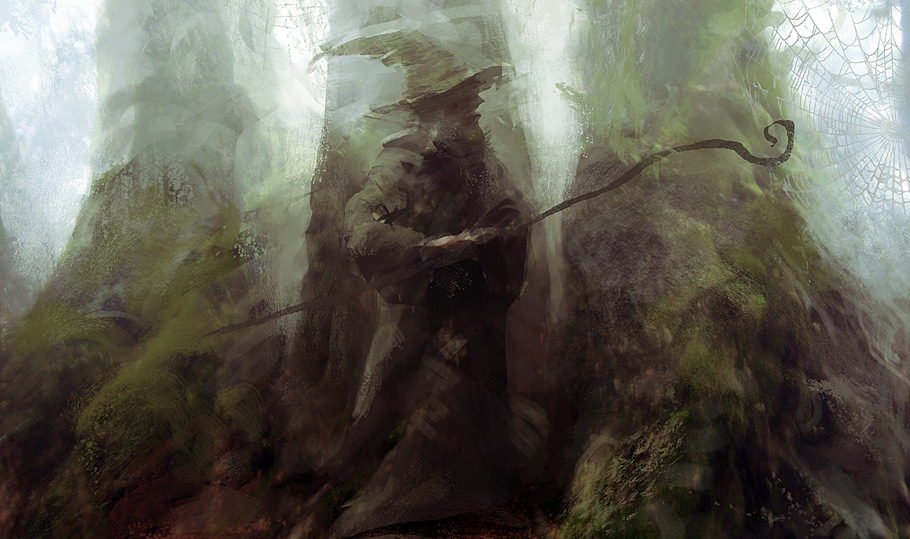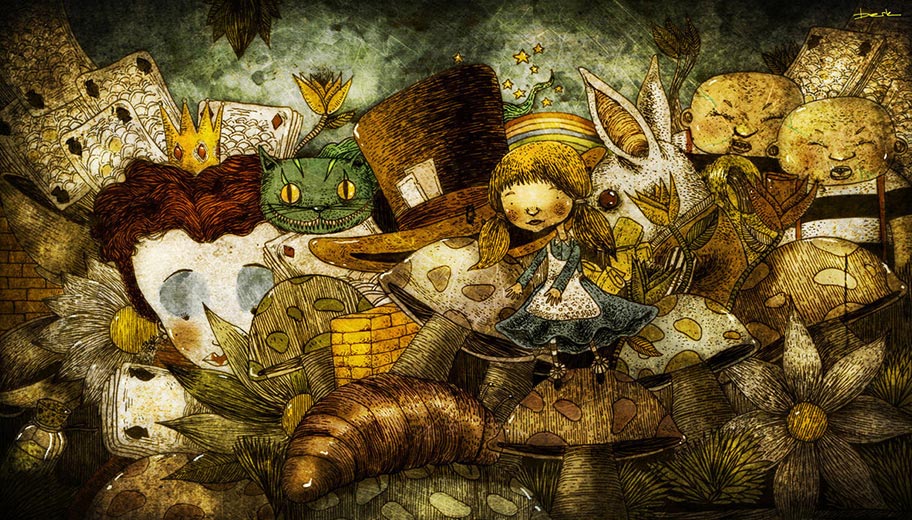“Petite, her silver hair shining, Le Guin shrugged and grinned when Neil Gaiman placed the medal around her neck,” described The New Yorker of Ursula K. Le Guin when she accepted the Medal for Distinguished Contribution to American Letters presented by the National Book Awards on November 19, 2014. Le Guin might be petite in stature, perhaps, but her words in acceptance of the achievement were anything but small.
“Hard times are coming,” she said, her voice ringing out over an awed crowd. . “We’ll be wanting the voices of writers who can see alternatives to how we live now, can see through our fear-stricken society and its obsessive technologies to other ways of being, and even imagine real grounds for hope. We’ll need writers who can remember freedom – poets, visionaries – realists of a larger reality.”
Le Guin is a legendary figure in science fiction and fantasy, author of many classics, such as The Left Hand of Darkness and The Wizard of Earthsea, and a champion for literature’s place in the every changing landscape of modern society — a “realist of a larger reality” is there ever was one. Her acceptance speech rang through the SFF community and beyond, a tolling bell of optimism. Through her ongoing insistence to use fiction as a lens through which we examine ourselves, Le Guin, and writers like her — poets, visionaries, realists of a larger reality — has continued to challenge speculative fiction to be a catalyst for positive change, a limitless medium that can offer hope to a world that obsesses over hopelessness. Read More »
When it comes to discussing the appeal of SFF and its various affiliated subgenres, escapism is an extremely relevant consideration. Given how strongly a pro-escapist perspective correlates with a pro-SFF perspective, and vice versa, the term has become a loaded one, such that a species of argumentative shorthand has developed around its usage. Thus: if escapism is a negative, then so too is the desire for escape, casting those who seek or enable it as naïve, childish daydreamers disconnected from reality. If escapism is a positive, then the pursuit of escape is a noble one, allowing us to transcend the limitations of what is in favour of embracing what could be. Though ostensibly a tried and true dichotomy, the term is ultimately inaccurate in this context: the escapist/realist schism is a false binary, not only because the presence of one element doesn’t preclude the presence of the other, but because both escapism and realism are subjectively realised states, not objective truths.
If escapism is a negative, then so too is the desire for escape, casting those who seek or enable it as naïve, childish daydreamers disconnected from reality.
Despite this fact, the fallacy remains a popular one, both at the external level (SFF is less realistic than straight fiction, and therefore less worthy) and the internal level (aspirational fantasy is less realistic than gritty fantasy, and therefore less worthy). Which isn’t to say such conversations are wholly without merit; indeed, a great deal of useful dialogue is spawned by them. It’s just that, at a fundamental level, there’s a tendency to hark back to an either/or that doesn’t exist, but to which we’ve historically ascribed inordinate importance. By definition, all fiction contains elements of escapism and realism, in that it both includes untruths and, being born of reality, is necessarily tethered to it – the only mitigating factor here is the ratio of truth to lies, and given the wildly divergent ends to which fiction can be turned, to say nothing of the myriad possible interpretations of truth, there’s hardly a rule of thumb for determining even that much with any degree of accuracy. The question of whether escapism constitutes a positive or negative force in SFF has nothing to do with its presence, therefore, but rather with the twofold matter what it is we’re escaping from and into. Read More »


